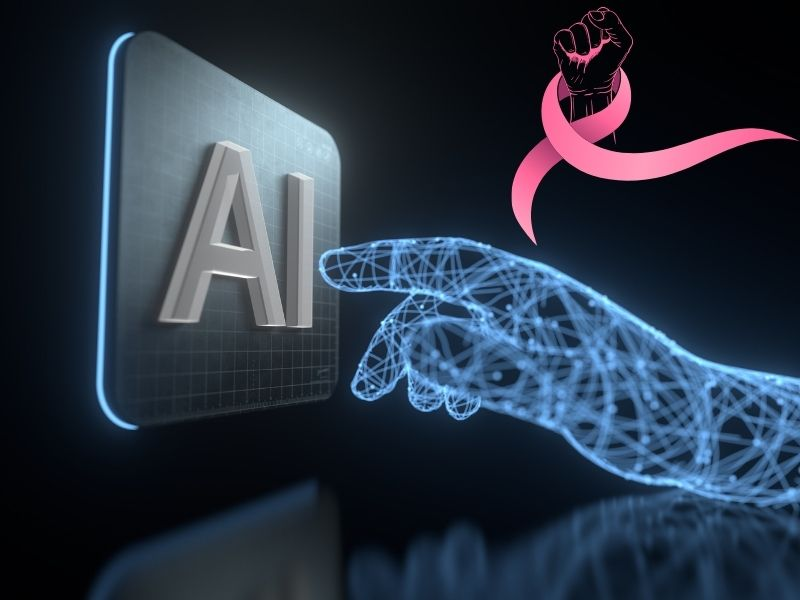Although breast cancer is one of the most common types of cancer among women, there is still a lot of misinformation about the disease circulating in society. This misinformation can delay early diagnosis, negatively affect the treatment process for patients, and cause unnecessary fear. In this article, I will address some of the commonly held but scientifically inaccurate beliefs.
❌ Myth 1: “There is no history of breast cancer in my family, so I am not at risk.”
✅ Fact: Approximately 75% of breast cancer cases occur in women with no family history of cancer. Genetic factors are certainly important, but they are not the only risk factor. Age, hormone levels, lifestyle, obesity, and environmental factors also influence risk.
❌ Myth 2: “Breast cancer only affects older women.”
✅ Fact: The risk increases with age, but breast cancer can occur in any age group. It can also appear in women under 40, though more rarely, in aggressive forms. This is why breast awareness and self-examination habits are important even at a young age.
❌ Myth 3: “I don’t have any pain in my breast, so it’s not cancer.”
✅ Fact: Breast cancer is often painless. The absence of pain does not mean it is not cancer. Changes such as lumps, hardness, retraction of the nipple, or skin dimpling are more prominent warning signs. Therefore, the focus should be on changes rather than pain.
❌ Myth 4: “Mammograms emit radiation and are harmful.”
✅ Fact: The radiation dose used in mammograms is very low, and the benefits far outweigh the risks. Regular screenings can detect breast cancer at a very early stage, significantly increasing the chances of successful treatment.

❌ Myth 5: “Breast cancer spreads if it is operated on.”
✅ Fact: This is a common myth with no scientific basis. Surgery does not trigger the spread of cancer. On the contrary, removing the tumor helps control the disease. Spread usually indicates that the disease is already in an advanced stage.
❌ Myth 6: “Men don’t get breast cancer.”
✅ Fact: Breast cancer is much rarer in men, but it is not impossible. Especially in men over 60, if there is discharge or a lump in the nipple, a doctor should be consulted immediately.
✅ Final Thoughts
One of our most important tools in the fight against breast cancer is knowledge. Accurate information reduces fear and increases the chances of early detection. It is of vital importance for every woman to undergo regular check-ups appropriate for her age, to be familiar with her own breasts, and to consult a doctor in case of any suspicious symptoms. Let us not forget that breast cancer is one of the most treatable types of cancer when detected early.





